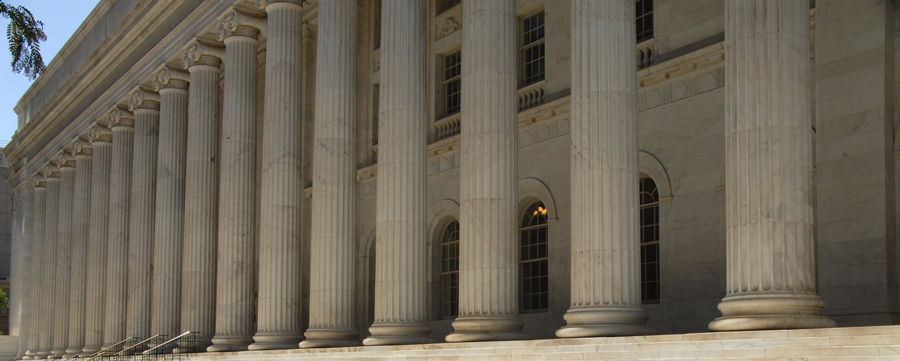Abstract
In this Article, Paul Holland presents a deft and provocative analysis of the role of problem-solving courts in providing an alternative, team-based approach to dispute resolution that both provides therapeutic justice and deeply refocuses legal advocacy. Largely an innovation of the twentieth century, problem-solving courts are not without their critics, especially in the academy and among clinicians, but Holland provides a different perspective that presents a strong case for the role of the academy—in the form of clinicians—to teach law students how to lawyer in a context that values social aspects of criminal activity and rehabilitation. Unlike critics of the problem-solving court and of therapeutic jurisprudence, Holland embraces this manner of dispute resolution which miraculously engages the players in an adversarial system in a common pursuit of remediating the problems that led to the violations of the law. This Article is an excellent example of why clinical scholarship is important, why clinicians should write, and how this work benefits the academy and the profession. In fact, Holland explicitly views clinicians as the ambassadors who can and should assess these courts even while practicing in them.
Holland provides a reflective and analytic description of the work that lawyers do in a problem-solving court and identifies best practices and barriers to that practice. At the same time, he critically examines the challenges and opportunities for clinical pedagogy when teaching students in problem-solving courts. Perhaps one of the most important contributions of this Article is Holland’s insights and lawyering tips to guide lawyers in preparing themselves and their clients for non-adversarial proceedings. While conventional lawyering presents familiar guideposts for lawyer and client preparation in anticipation of an adversarial proceeding, preparing for a dispute resolution process that places all of the parties and the court on the same team might obscure the need for planning and preparation.
Keywords
Courts of special jurisdiction, Lawyers, Clinical legal education, Mediation, National Association of Criminal Defense Lawyers, Administration of criminal justice
